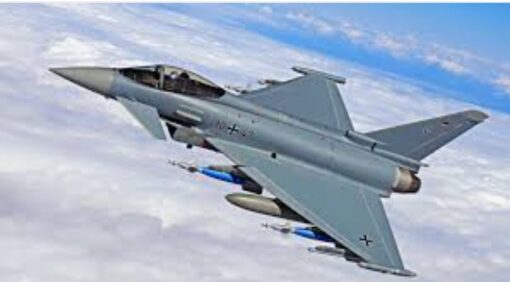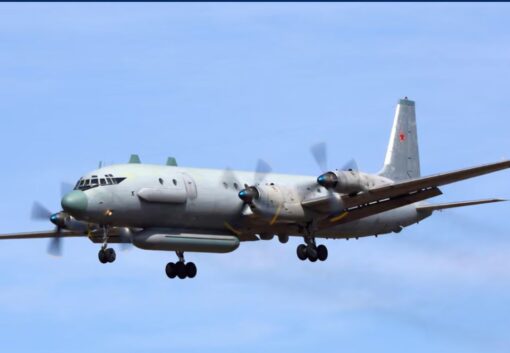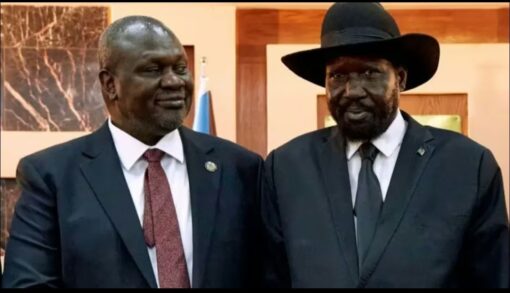The United Nations Security Council is preparing to hold an emergency session following Estonia’s accusation that Russian military jets violated its airspace in what Tallinn has called a “brazen” act of aggression.
The incident, involving three Russian MiG-31 fighter jets, took place over the Gulf of Finland and lasted for more than ten minutes before NATO forces intercepted the aircraft.
Estonian officials described the breach as one of the most serious airspace violations since the country regained independence, warning that it was part of a wider campaign of intimidation by Moscow.
Foreign Minister Margus Tsahkna said the violation could not be dismissed as an error, stressing that repeated incursions into NATO airspace were escalating the risk of a direct confrontation.
NATO confirmed that allied aircraft were scrambled in response, with Eurofighter and F-35 jets shadowing the Russian planes until they departed.

In a separate incident the same weekend, a Russian military aircraft was detected over the Baltic Sea flying without a transponder signal and ignoring repeated attempts at radio contact.
The alliance has warned that such behaviour increases the likelihood of miscalculation and poses a direct threat to European security.
The Estonian government formally requested the Security Council meeting, marking the first time in the nation’s UN membership history that it has called an emergency session over an airspace violation.
Estonia has also triggered NATO’s Article 4 consultations, which allow member states to request discussions when territorial integrity or security is at risk.
Western diplomats described the situation as a dangerous escalation. Britain’s Foreign Secretary warned that deliberate violations of NATO airspace bring Europe “closer to direct conflict,” adding that the alliance remains defensive but will act to protect its borders.
Similar concerns were voiced in Warsaw and Vilnius after Poland reported a surge of drone incursions into its territory, further heightening fears that Russia is testing NATO’s defences.
Moscow has denied responsibility, insisting its aircraft remained in international airspace and operated within international law. However, Estonia and its allies argue that the evidence points to deliberate violations designed to intimidate and destabilise NATO members on Russia’s border.
For Estonia, the violation highlights the vulnerability of small states in the face of Russian pressure. Officials in Tallinn argue that decisive international action is necessary, not only to uphold Estonia’s sovereignty but also to defend the credibility of NATO’s collective security commitments.
President Alar Karis said Estonia expects “a clear and united response from allies” and called for stronger deterrence measures along NATO’s eastern flank.
The upcoming UN Security Council meeting will examine the legality of the airspace breach and consider possible diplomatic responses.
While any resolution condemning Russia is likely to face a veto from Moscow, the session is expected to provide a platform for NATO members and partners to highlight the dangers of continued Russian provocations.
Beyond the diplomatic arena, analysts warn that repeated incidents of this nature could have real-world consequences. A collision between Russian and NATO aircraft, or a misinterpreted maneuver, could rapidly escalate into a wider confrontation.
With the war in Ukraine grinding on and Russia under heavy international sanctions, there are growing concerns that Moscow may seek to widen the scope of pressure on its neighbours.
Ukraine’s President Volodymyr Zelenskyy welcomed the Security Council meeting and urged the international community to recognise the airspace violations as part of the same pattern of aggression that has fuelled Russia’s invasion of his country.
He called for tougher sanctions and fresh military support, arguing that unchecked provocations in Estonia, Poland, and other NATO states are linked to Moscow’s war strategy.
As the Security Council prepares to convene, attention is turning to how the United States and European partners will respond. President Donald Trump has promised that America will stand with NATO allies, warning that the breach of Estonian airspace represents “a red line that cannot be ignored.” European leaders have echoed that sentiment, stressing that continued provocations will draw stronger consequences.

The meeting is scheduled to take place in New York later today. Whether it results in a binding resolution, a statement of condemnation, or commitments to bolster NATO’s eastern defences, it represents another turning point in the unfolding confrontation between Russia and the West.
The balance between deterrence and escalation is becoming increasingly delicate, and the world will be watching closely as the UN debates the latest act of Russian defiance.


